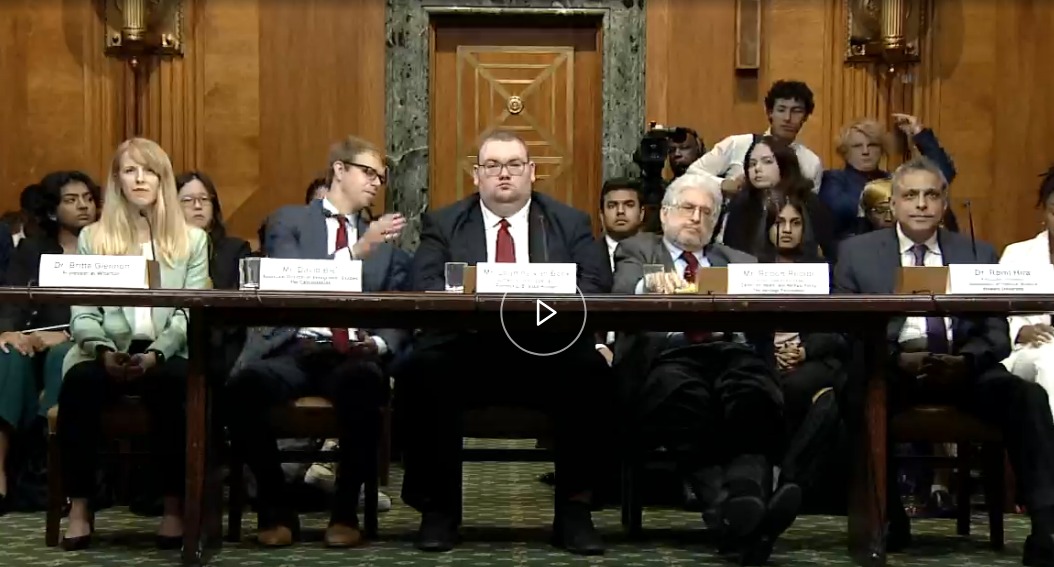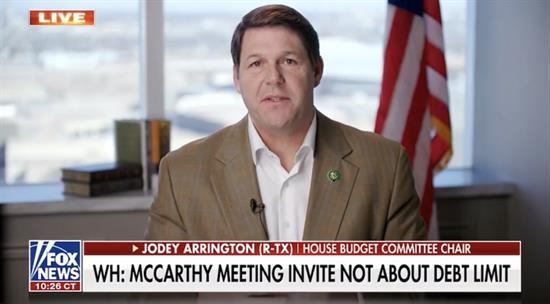Medicare For All Is Bankruptcy For All
 It has become popular this political season to call for "Medicare for All", a system of nationalized health care on the Medicare Model. Young Progressives are gaining traction within the Democratic Party with this popular slogan.
It has become popular this political season to call for "Medicare for All", a system of nationalized health care on the Medicare Model. Young Progressives are gaining traction within the Democratic Party with this popular slogan.
Is this a good idea?
On the surface, it would seem plausible. The country has been operating on the system since the mid 1960s, it is popular with the public, and with some minor changes; we are told this model can be extended to the rest of the population.
However, like with most political ideas, it would not be wise to look only at the surface.
Medicare is part of a whole slew of complex entitlements and obligations of the government that parade under the rather obscure term of unfunded liabilities. This means there are promises the government has made not represented by the national debt, or the amount owed in outstanding Treasury Bonds. The national debt or bonded indebtedness is now pushing past $21 Trillion. Unfunded liabilities are what the term implies: liabilities of the Federal Government for which taxes and borrowing (funding) has yet to take place. It is an IOU to the public not represented by current Treasury Bonds. The government owes a claim say on health care, not interest and principal on a bond. Get it?
Bonded indebtedness of $21 Trillion is completely out of control and rising about a Trillion a year. This is unprecedented during peacetime and robust economic expansion. Adding new burdens on the government and taxpayers must be considered within the context that current debt trends are unsustainable.
The size of the unfunded liabilities vary with who is doing the counting. If those obligations were counted in a manner similar to the requirements of the private sector, most experts put these obligations well over $200 Trillion or TEN TIMES the so call national debt.
Anyone considering new programs has to take into account the TOTAL obligations of the government, funded and unfunded.
Among these unfunded obligations are claims on Social Security, military pensions, government employee pensions, pension guarantees to the private sector, deposit insurance, and guarantees behind government guaranteed mortgages. You can quickly see that some of these obligations are guarantees that are very real, others may never be made active unless we have a severe downturn in the economy.
But recessions are part of the rhythm of history and to suggest that these guarantees on things like deposit insurance, private pensions, and housing paper will not become real flies in the face of what we just went through in the crash of 2008. We just saw them become real obligations!
Anyone considering new programs needs to take into account that recessions happen. When they do occur spending rises because more people fall into the social safety net, and revenue falls because of a drop in economic activity. That necessarily adds to run away budget deficits.
Notice also that most of the unfunded obligations are things related to older people. Older people need pensions and older people spend much more money on health care than do the young. That is the nature of aging.
Medicare and Social Security are already in serious financial difficulty because of the huge Baby Boom aging, and the much smaller population growth that came afterwards. The biggest bulge in the Baby Boom was 1952 to about 1960. Since most people qualify for Medicare at age 65, and Social Security between ages 62-66, you can see we are now in the middle of a huge funding crisis. Upwards of 10,000 people a day are now making claim on their Social Security and Medicare promises.
Thus, this is NOT a time to add new burdens, even if desired by some.
To keep government checks from bouncing, the government will have to borrow more, or tax more, and thus "unfunded liabilities" become funded liabilities by the issuance of more debt or by the diverting of revenue to taxes instead of productive investment. These demographic trends will drive fiscal deficits and probably taxes, much higher over the next few years. Borrow or tax more, unless you expect the tooth fairy to pay for it.
Advocates say Medicare is working well, and so we can graft huge numbers of new people onto the structure.
Critics point out that despite the taxes collected in the system, the recent Trustees Report from Medicare indicated costs are rising faster than predicted and that the system could go bust by 2026. Meanwhile, many doctors now refuse to provide Medicare services and are dropping out or simply retiring.
Medicare looks more solvent than it really is because it does not pay doctors or hospitals anywhere near the market rate for their services. Doctors leaving the system is not a sign the system is working!
This below market payment regime means health care providers have to push the inherent losses off on younger patients. So with even all the taxes collected, and all the cost shifting, the system is still rapidly running out of money.
Social Security is a separate subject but the system too also now has negative cash flow. More money is going out to pay for benefits than received in FICA taxes.
In short, asking Medicare For All would place huge new obligations on a structure already swaying badly and due to collapse entirely not that far in the future if serious reform is not undertaken. Sadly, the party of fiscal responsibility, nominally the Republican Party, has grown silent on deficits and entitlement reform.
Does this seem like a wise idea to you to add more obligations on a system that can't meet the current obligations to the elderly, who have now planned their lives around them and are too old to go back to work?
How big are the new obligations being suggested? In April of this year Charles Blahous with the Mercatus Center at George Mason University estimated that taxes would have doubled to pay for an estimated $32.6 Trillion dollar increase over the next 10 years to fund the Medicare for all scheme. Do you think the economy would run well with taxes being doubled?
In short, given the funding shortfall in the present system, the uncontrolled growing national debt, the already monstrous tower of unfunded liabilities, the aging of the Baby Boom, and to naively assume that recession will never happen again; it is the height of fiscal irresponsibility to propose adding even more burdens to a current system already headed for insolvency.
It would seriously endanger the promises we have already made to the nation's elderly, veterans, and government employees. It will endanger the creditworthiness of the nation and the value of the currency. It is willful blindness not to acknowledge the rickety nature of existing programs and cavalierly add new burdens just for political advantage.
Medicare For All is bankruptcy for the nation. How is that "progressive?"








